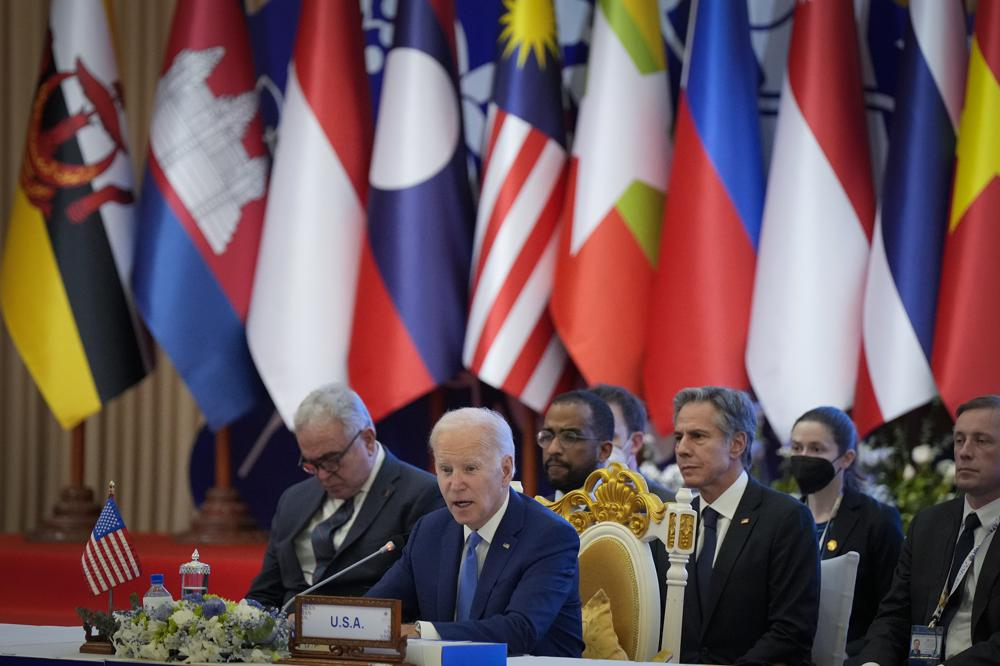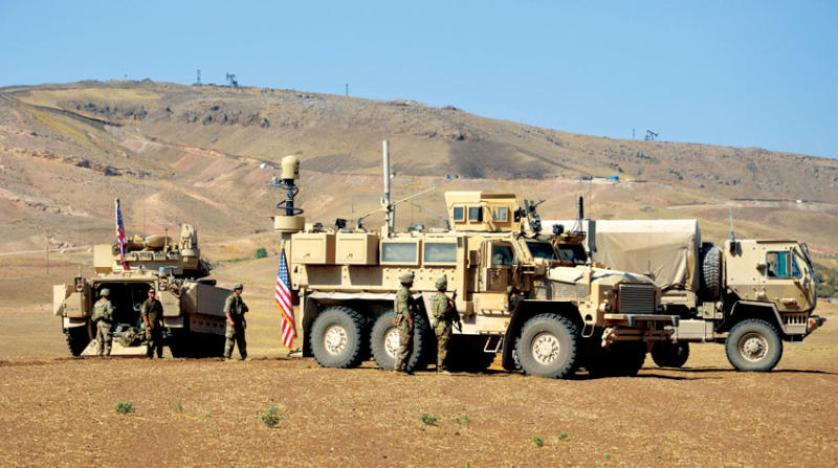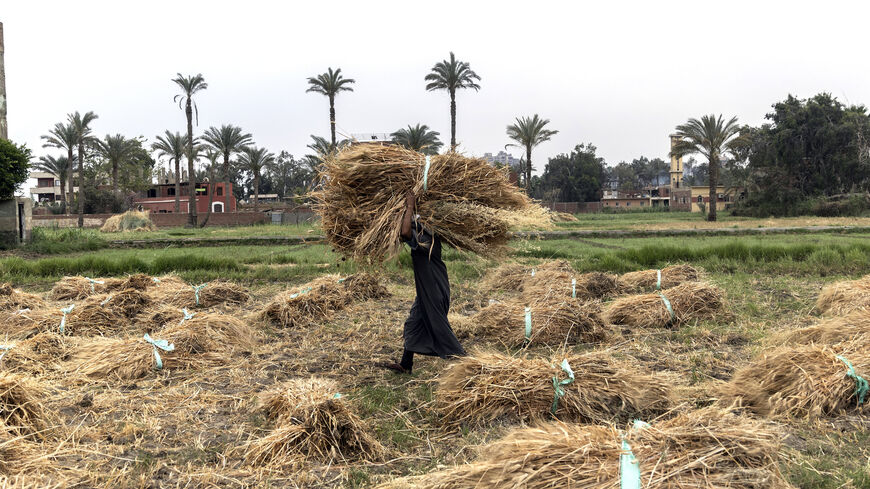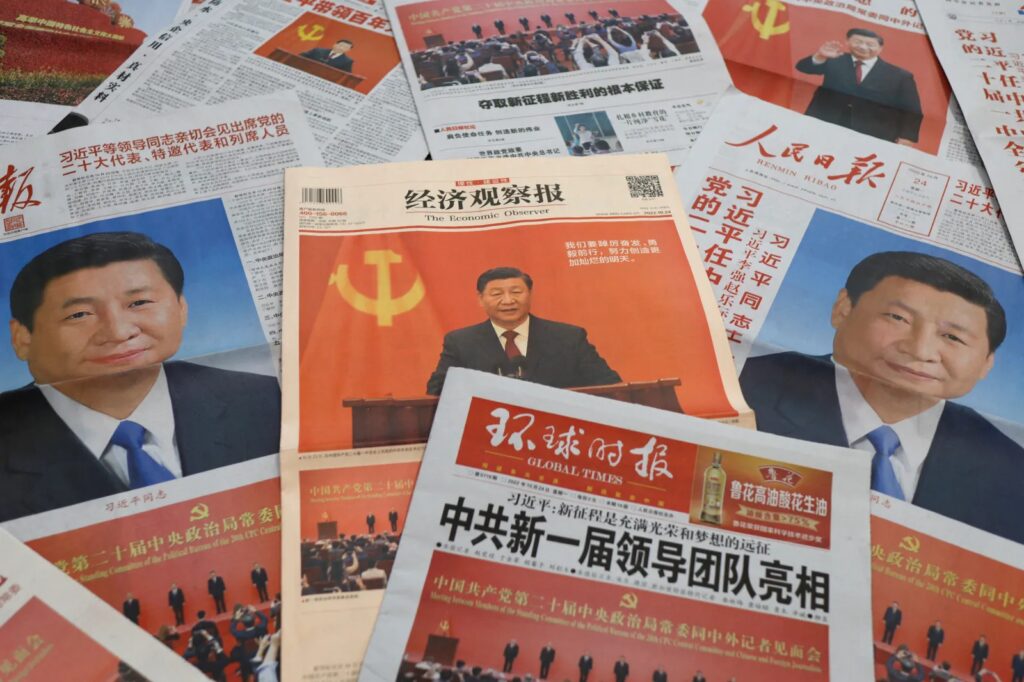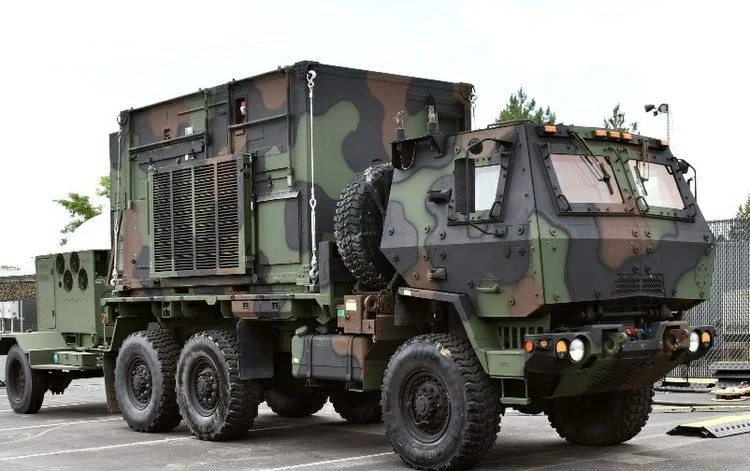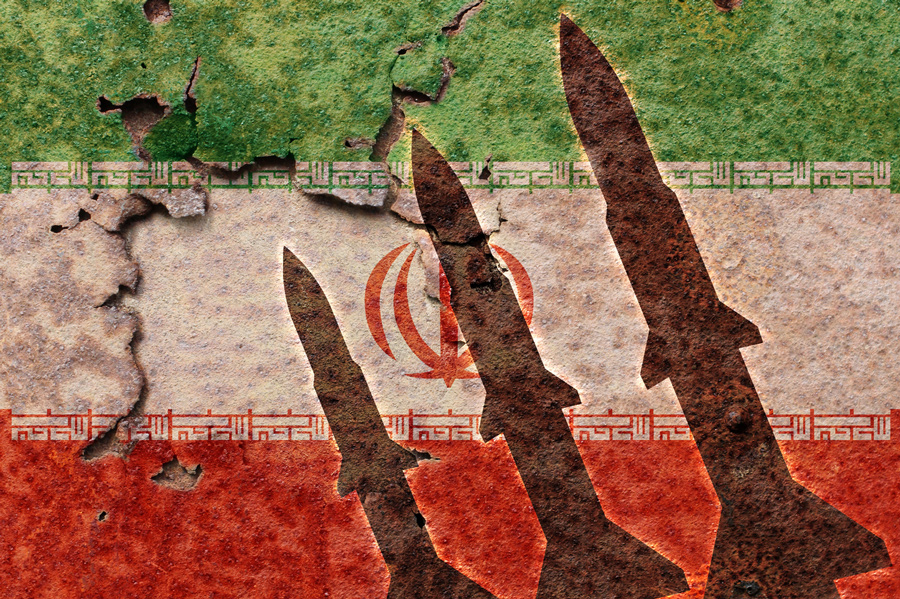Russo-Ukraine War Assessment: Russians Withdraw Across the Dnipro River
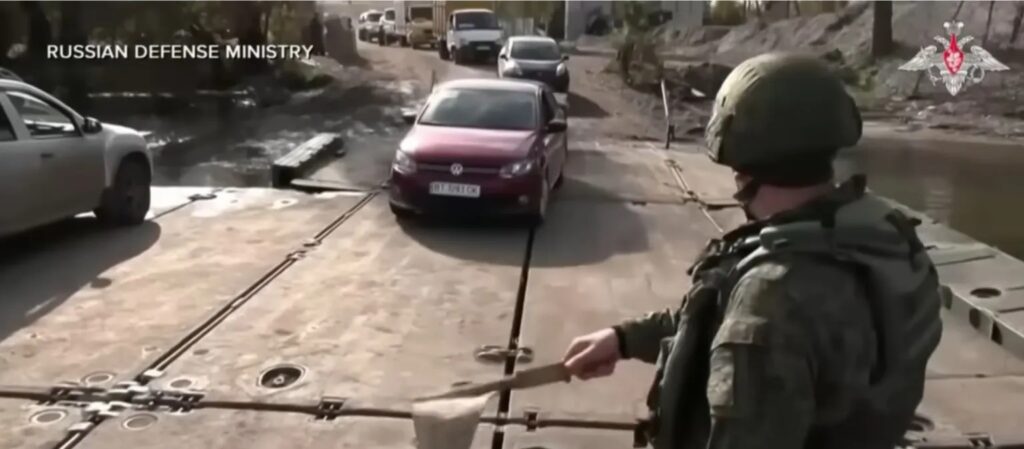
Russia Says They Have Left Kherson
According to The Hill, the Russian Defense Ministry announced Friday that they had completed their withdrawal of forces from Kherson, Ukraine. In a report available on their Telegram page, the Ministry wrote, “In Kherson direction, today, at 05.00 am (Moscow time), units of the Russian forces finished their redeployment to the left bank of Dnepr river.” You have to admire their wordsmithing; they didn’t withdraw, per se; they simply deployed elsewhere.

